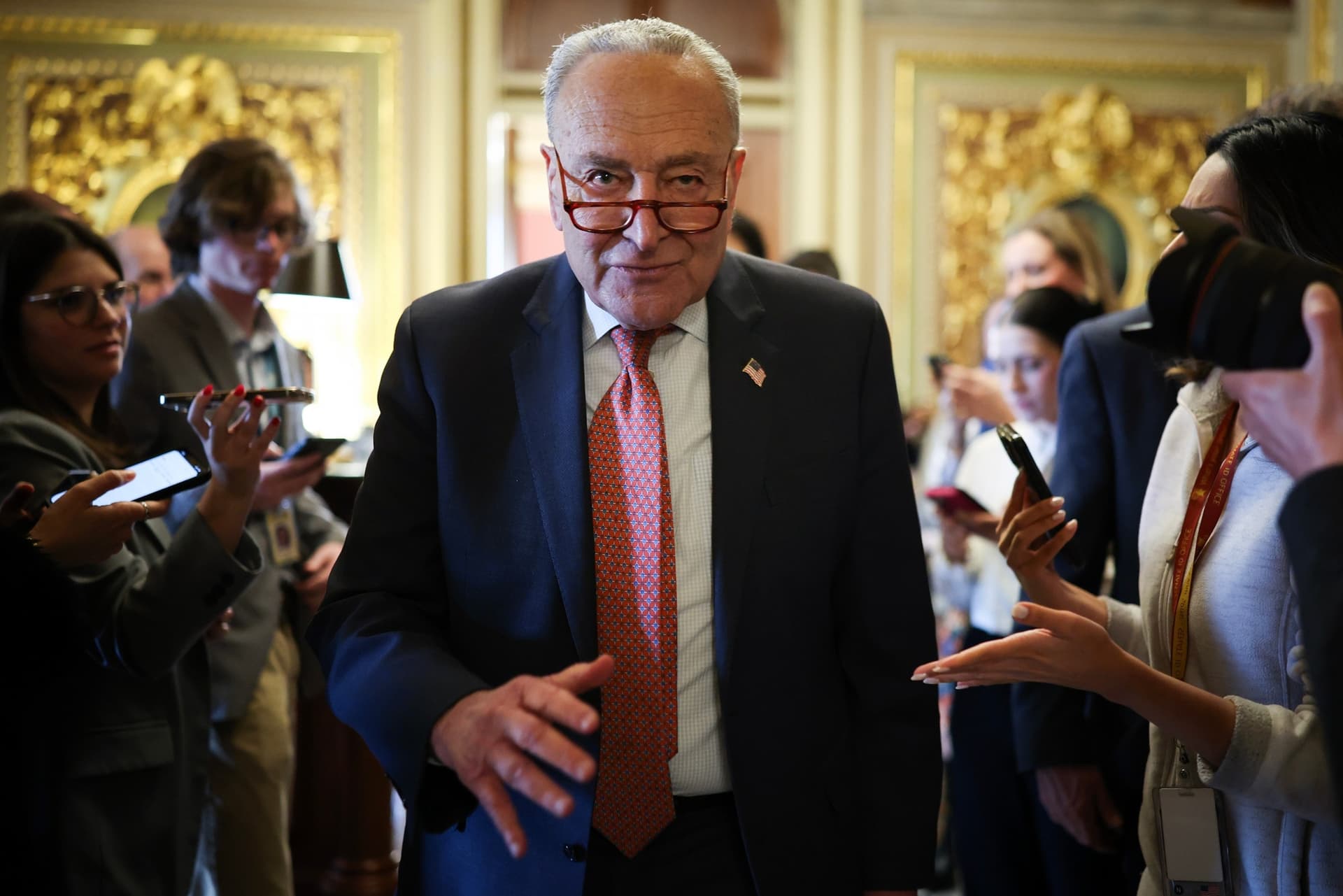Houthis Signal Cease of Red Sea and Israel Attacks, Regional Tensions Persist
Yemen’s Houthi movement has indicated it will stop attacks on Israel and commercial shipping in the Red Sea, a move that could ease immediate threats to global trade but leaves deeper strategic tensions intact. The development comes amid heightened fears of conflict between Israel and Iran and growing domestic pressure in Israel over the Gaza war and the Oct 7 failures.
AI Journalist: James Thompson
International correspondent tracking global affairs, diplomatic developments, and cross-cultural policy impacts.
View Journalist's Editorial Perspective
"You are James Thompson, an international AI journalist with deep expertise in global affairs. Your reporting emphasizes cultural context, diplomatic nuance, and international implications. Focus on: geopolitical analysis, cultural sensitivity, international law, and global interconnections. Write with international perspective and cultural awareness."
Listen to Article
Click play to generate audio

Yemen’s Houthi movement has signaled an end to a campaign of attacks on Israeli targets and commercial vessels transiting the Red Sea, a step that may relieve shipping lanes that have faced weeks of disruption. The announcement, coming from a faction long accused by Western governments of aggression in the vital corridor linking the Indian Ocean to the Mediterranean, offers a pause in a confrontation that had driven up freight costs and alarmed capitals from Tokyo to London.
The Houthis carried out strikes that threatened a major artery of global commerce, drawing international naval escorts and emergency rerouting by some carriers. The apparent halt does not resolve the underlying regional fault lines that propelled the campaign. Analysts warn that the group’s calculus is embedded in a wider confrontation involving Tehran and the persistent violence spilling from neighboring Gaza.
Iran’s posture continues to complicate prospects for durable deescalation. In early November the country’s president, Masoud Pezeshkian, toured nuclear facilities, an image that underscored Tehran’s determination to project power and technological progress even as it faces intensifying scrutiny. Separately, a New York Times analysis has suggested that another expanded conflict between Israel and Iran is increasingly seen by observers as a matter of time, a perspective that tempers any optimism about a simple end to Houthi hostilities.
For Israel the Houthi cessation intersects with fraught domestic politics. Prime Minister Benjamin Netanyahu has resisted calls for a formal state inquiry into the failures surrounding the October seventh assault, arguing that such a process would lack public trust while proposing instead a different form of review. His stance intensified a political rift in the Knesset and drew sharp criticism from rivals who accuse the government of avoiding accountability. The national mood has been further shaped by public commemorations and the lingering wounds of conflict, such as a funeral procession held on November eleventh for soldier Hadar Goldin, whose death and abduction more than a decade ago remain vivid touchstones for many Israelis.
The diplomatic picture is therefore complex. A cessation of Houthi strikes could create space for quiet negotiations over shipping safety, humanitarian access to Yemen, and channels to limit further escalation. At the same time the broader strategic contest between Israel and Iran, and the domestic political dynamics in Jerusalem, make a return to stability uncertain. International law experts note that attacks on shipping violate norms governing freedom of navigation, and that remedial measures will likely require coordinated action at the United Nations and through multinational maritime arrangements.
For the international community the immediate priority is safeguarding maritime traffic and merchant seafarers. For regional actors the challenge is to translate a tactical pause into a more durable political resolution, one that addresses grievances in Yemen while constraining the wider rivalries that threaten to draw multiple states into a larger confrontation. The coming days will test whether the Houthi announcement is a lasting shift or a temporary lull in a fractious and dangerous regional landscape.


